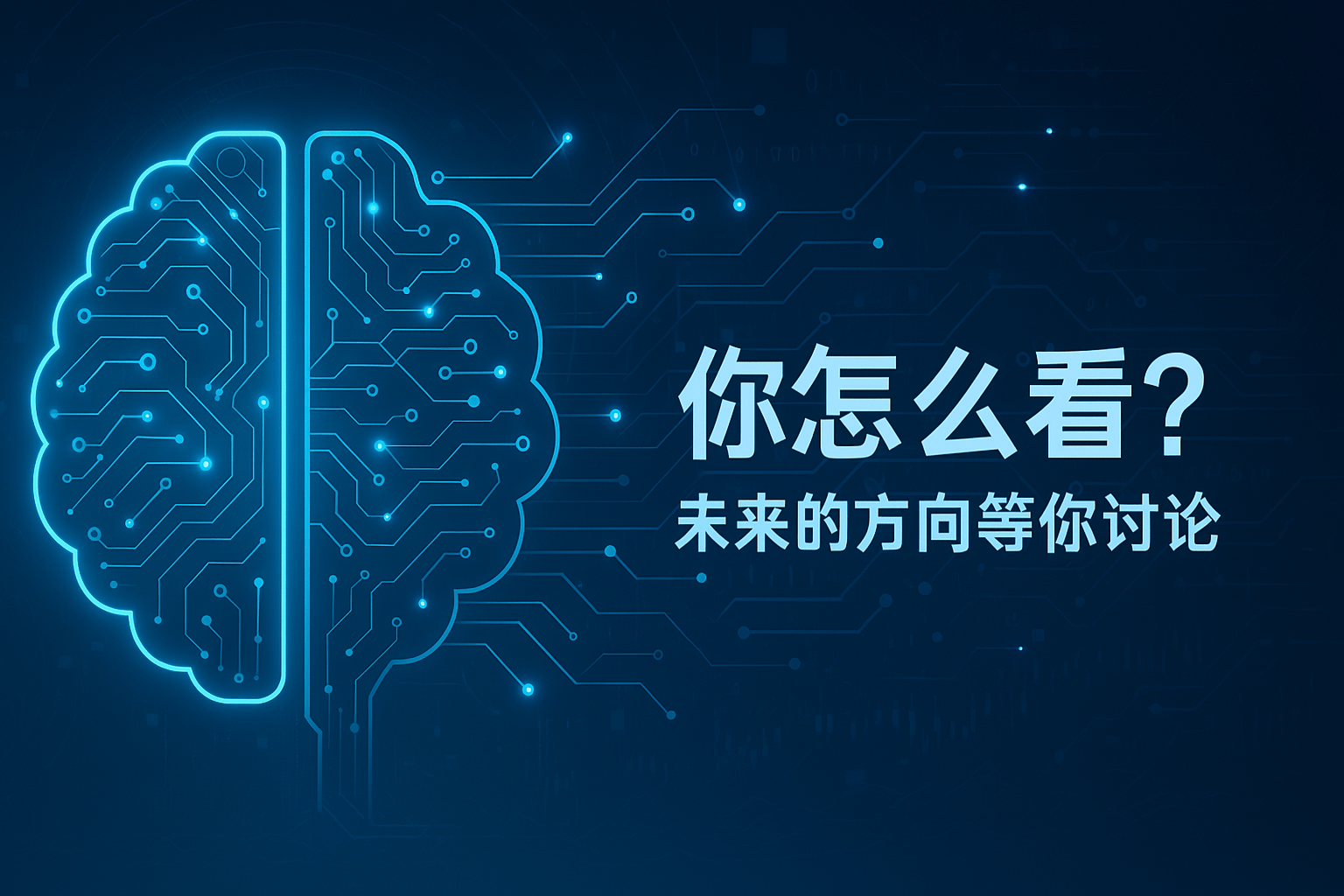On September 22, 2025, Volcano Engine, a subsidiary of ByteDance, launched its Doubao-Seed Translation Model, a universal translation model aimed at enhancing multilingual processing capabilities and accelerating the implementation of AI applications. This release marks another significant attempt by domestic large model manufacturers in the field of multilingual translation and indicates the potential for AI translationtechnology to be applied in broader scenarios.
Upgraded Multilingual Translation Capabilities: Technical Details and Performance
The Doubao-Seed Translation Model supports bidirectional translation for 28 languages, including Chinese, English, Japanese, Korean, German, French, Spanish, and Russian. The official claim states that the model’s performance in a wide range of multilingual tasks meets or exceeds that of existing leading systems. Particularly in Chinese-English translation, the Doubao-Seed Translation Model is close to the level of DeepSeek-R1; in general multilingual translation tasks, it is comparable to or even surpasses international advanced models like GPT-4oand Gemini2.5Pro. This technological breakthrough will undoubtedly bring new opportunities for cross-cultural communication and international content creation. The model supports a context length of 4K and an output length of 3K, automatically detecting the source language, allowing users to simply specify the target language for invocation, greatly simplifying the usage process.
Scene Adaptability and Commercial Considerations
Volcano Engine has particularly emphasized the scene adaptability of the Doubao-Seed Translation Model. The model can handle a variety of text styles, from office documents, technical and medical content to internet slang and classical Chinese, producing translations that are “natural, authentic, and free of translation awkwardness.” This indicates that ByteDance considered the practical needs of different industries and users from the model’s design stage. In terms of commercialization, the Doubao-Seed Translation Model adopts a pay-per-use model, charging 1.20 yuan for every 1 million input characters and 3.60 yuan for every 1 million output characters, approximately equivalent to $0.17 (input) and $0.51 (output). This pricing strategy, combined with its powerful performance, is expected to attract a large number of developers and enterprise users.
API Openness and Future Outlook
The launch of the Doubao-Seed Translation Model also signifies a further deepening of Volcano Engine’s commitment to building an AI openecosystem. The model can be used on the Ark platform alongside other new Doubao models, providing developers with a richer selection of tools. In the future, as multilingual translation technology continues to evolve, we have reason to believe that AI will play an increasingly important role in global communication. The emergence of the Doubao-Seed Translation Modelundoubtedly injects new momentum into this process.
Future Development Trends in Multilingual AI
The competition among multilingual large modelsis not only a contest of technical capabilities but also a comprehensive test of application scenarios, user experience, and business models. The Doubao-Seed Translation Model released by Volcano Engine has made positive attempts in performance, scene adaptability, and commercialization. What factors do you think will become decisive in the future of AI multilingual translation?
 返回搜狐,查看更多
返回搜狐,查看更多
平台声明:该文观点仅代表作者本人,搜狐号系信息发布平台,搜狐仅提供信息存储空间服务。
